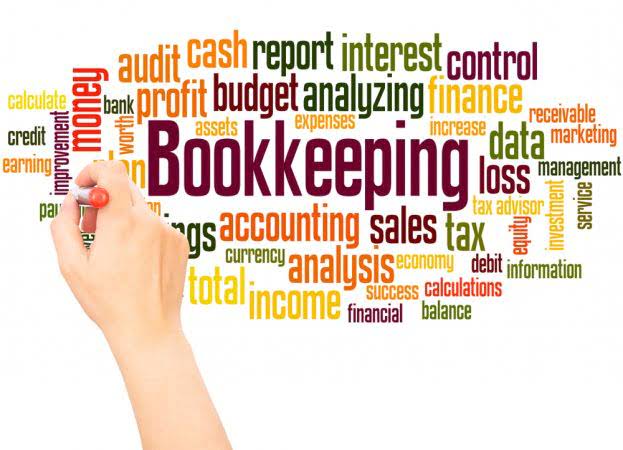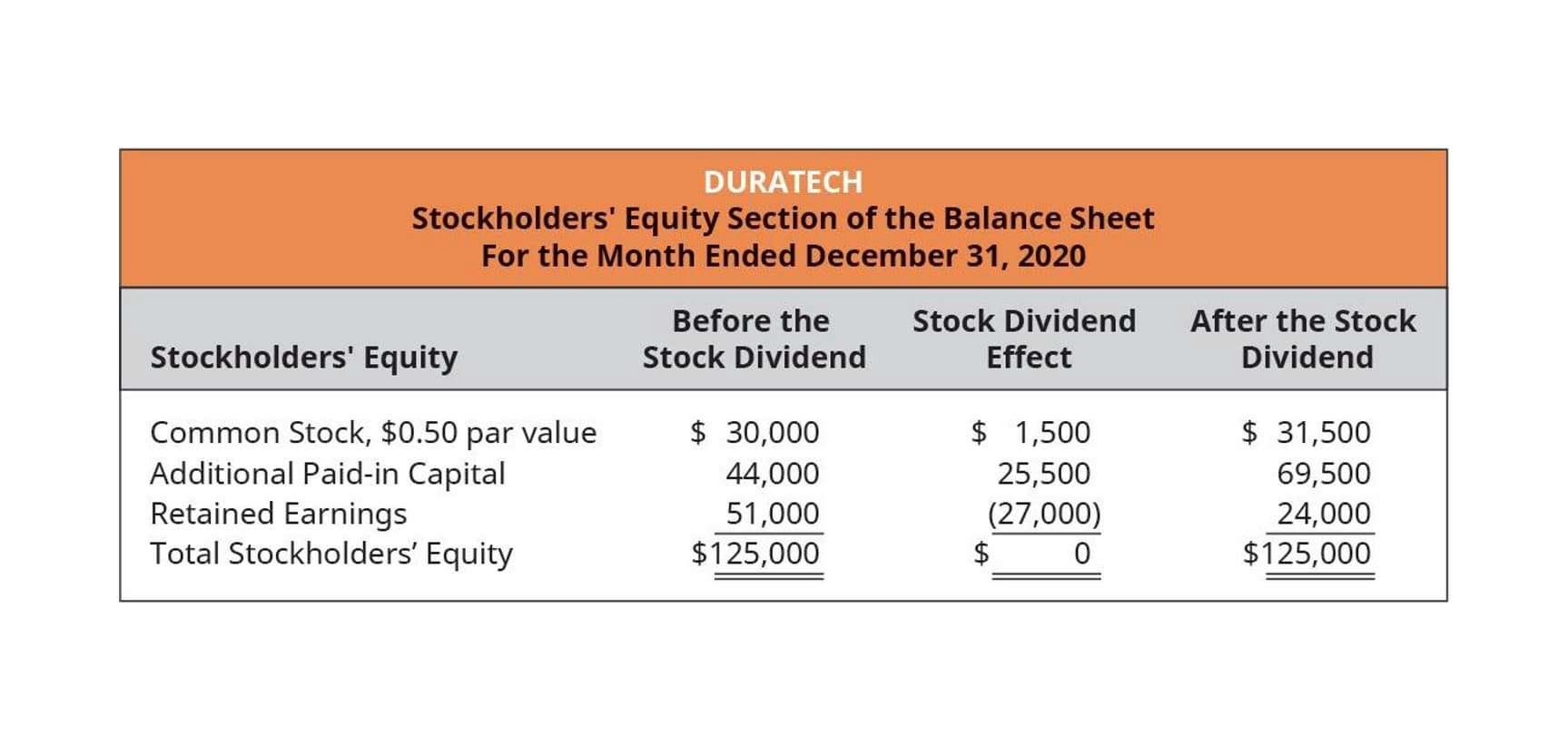
However, there is evidence that some banks and credit unions are serving the industry. According to FinCEN, as of June 2020, 695 financial institutions in the USA are reportedly serving the cannabis industry; this is down from a high of 747 institutions in November 2019 (Financial Crimes Enforcement Network [FinCEN], 2020). The Certified Public Accountant should remember that the nuances of accounting for the cannabis industry go beyond Tax Code Section 280E. For example, in newer cannabis states, the CRB may not be able to find a bank account. The required internal controls will include, but go far beyond physical controls such as cameras, vaults, and locks as required by regulations.

Accounting and internal control
Working within the cannabis sector offers rewarding challenges and a chance to make your mark in a dynamic and growing field. With many dispensaries looking to expand their operations, the presence of 280E confines businesses and prevents them from scaling upward. Don’t be afraid to offer your client an audit at any point in their cannabis journey to ensure they’re on the right track.
Participants
- The cannabis industry is rife with regulatory pitfalls that create ongoing headaches for CEOs.
- Operation Expenses are expenses incurred during the operation of the business.
- Table 4 shows the counts and percentages of Certified Public Accountants responding to the primary reasons they would not serve the cannabis industry.
- With this service, you could quickly help them double or triple their income, so your potential value is considerable.
- Guage how far back you need to go to get the company organized and compliant.
- For example, you can create specific accounts for cultivation, costs, retail sales, product manufacturing, regulatory fees, and compliance expenses.
Therefore, it’s always advisable to seek guidance from a qualified accounting professional. Only one of the Certified Public Accountant participants from this study provides audit or other attest services to the cannabis industry. In general, there are many Certified Public Accountants who do not provide any audit or attest services to any industry due to litigation risks. Some states, like Colorado, may at their discretion require a financial statement audit of a CRB by a licensed Certified Public Accountant. In addition, as the cannabis industry evolves, there may be additional funding opportunities which would put cannabis companies on the securities market as has already taken place in Canada. This would cause these cannabis companies to require annual audited financial statements from a licensed Certified Public Accountant.
The Canna Accountants & Tax Professionals, LLC

Moreover, Section 280E of the IRS code limits cannabis businesses to deduct only their Cost of Goods Sold (CoGS) from revenue on their tax returns. Therefore, classifying expenses correctly within your COA is essential to maximize your deductions and minimize your tax liability. It’s essential to generate accurate and timely financial statements for your business operations. Recording expenses, sales, and other activities can provide cannabis companies with a way to minimize compliant issues down the road. There is much more to consider with the legal and regulatory requirements cannabis companies have to follow. Accountants and finance professionals with cannabis industry clients may struggle to know which guidance takes precedence.
Become a Certified CannabisSeed Counter!
It also provides information about income reporting, cash payment options for unbanked taxpayers, estimated US federal income tax payments, and the importance of robust recordkeeping (i.e., cash sourcing and tracking). BGM is one of the first accounting and advisory firms in the world to focus solely on the cannabis industry. Since 2009, our practice has expanded to over 600 cannabis and hemp clients nationwide. BGM works with all types of organizations that provide legal recreational cannabis, medical marijuana, low-THC and high-CBD products, hemp farming, and ancillary services. Our applications services group provides strategic direction to help with the entire cannabis license application process.

That’s why your accountant should fully understand the cannabis industry. At the federal level, selling cannabis can be viewed as “trafficking” because marijuana is still considered a Schedule I controlled substance (a potential reclassification is on the horizon, but it hasn’t happened yet). A chart of accounts can help you keep your finances in order and equip you with the information you need to make better decisions in the rapidly evolving cannabis industry. Depending on the rules set by your jurisdiction, certain expenses may need to be tracked separately to ensure compliance with state and federal regulations, such as those related to security measures and labor testing. Contemplate industry-related regulatory requirements when customizing your chart of accounts.
- However, repetition of themes indicating data saturation is a good indication that the responses would be similar if more CRB owners or Certified Public Accountants were interviewed.
- Responsibilities for federal tax include prepping and filing returns, advising on tax reduction strategies, protecting the company from paying unnecessary taxes and fees, and fixing tax return filing issues.
- I mean, there’s a whole bunch of changes going on with the technology of point of sale and that type of stuff.
- Instead, you’ll find some notes on pricing considerations so you can think about the variables involved when you talk to each client.
- For example, a $3 million business should afford to pay you $60 to $75k for this job.
Specialist cannabis accountants, such as yourself, can help to protect your client’s profits by ensuring compliance, conducting reconciliation, and helping with forecasting. The right accounting method can significantly impact your medical marijuana business’s tax liability. If you need to make sure your financial reporting is accurate, accrual accounting may be the medical marijuana accounting best technique for your company. It’s crucial for you to keep up to date with these developments and adjust your practices accordingly so that your business remains compliant and competitive. For example, you can attend cannabis industry conferences, engage with legal and accounting experts, and actively monitor legislative changes at the state and federal levels.
- However, the court sided with the taxpayer and determined that the organization operated two separate trades or businesses and apportioned the income and expenses to each.
- Since phone numbers were readily available on this report, phone calls were made to request participation from randomly selected licensees throughout the list.
- If you’re fielding calls from cannabis business owners, you may have discovered that they have a written business plan but don’t always understand how to use it.
- Unlike many business professionals, Certified Public Accountants obtain a license or permit to practice from the state(s) in which they provide services (AICPA 2016).
- Maintaining a clear, well-organized financial record is fundamental to any successful business, particularly within the complex and highly regulated cannabis industry.
How to Hire an Accountant for Your Cannabis Business
On a broad scale, the FAQ addresses federal tax filing and information reporting requirements specific to taxpayers involved with the production, processing, sale or distribution of marijuana products. Working effectively with newly established cannabis operations sometimes requires knowing how to help them enhance business functions. To advise on the creation of pitch decks and financial models aiming to raise funds, you will want to first understand the components of success specific to the cannabis industry. Legal compliance rides on being aware of how fundamental accounting activities — bookkeeping, cost accounting, clean-up, payroll, audit trails and financial reporting — interact with state and federal cannabis laws. Remember, you are a cannabis client’s secret ingredient to major gains.
